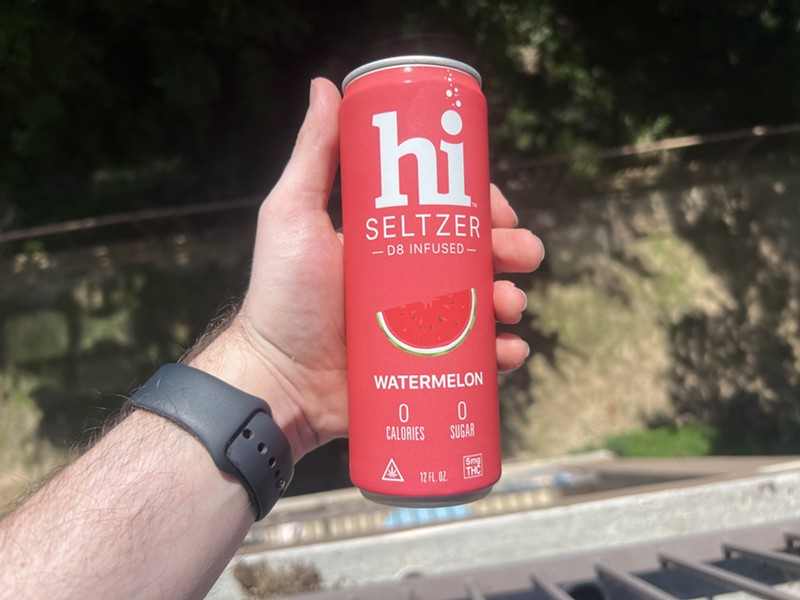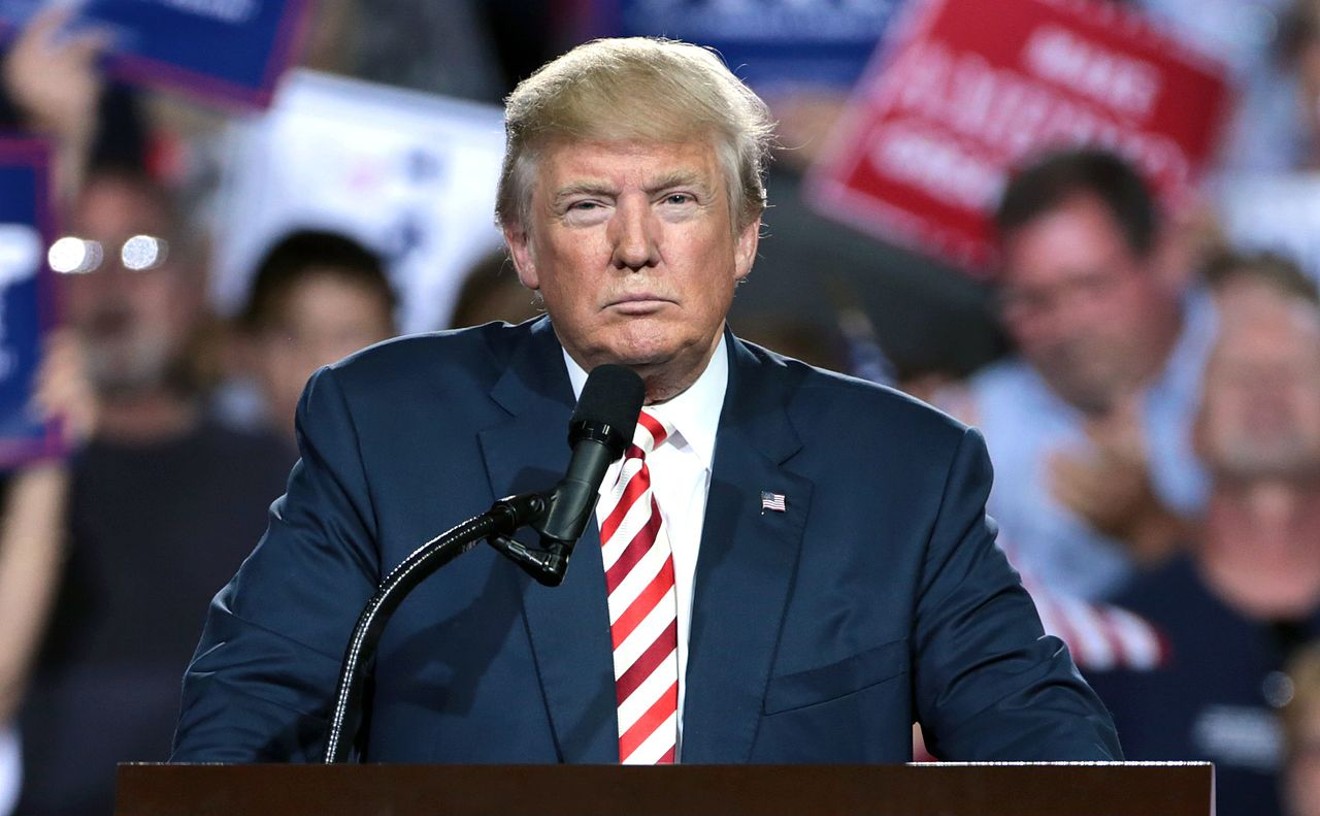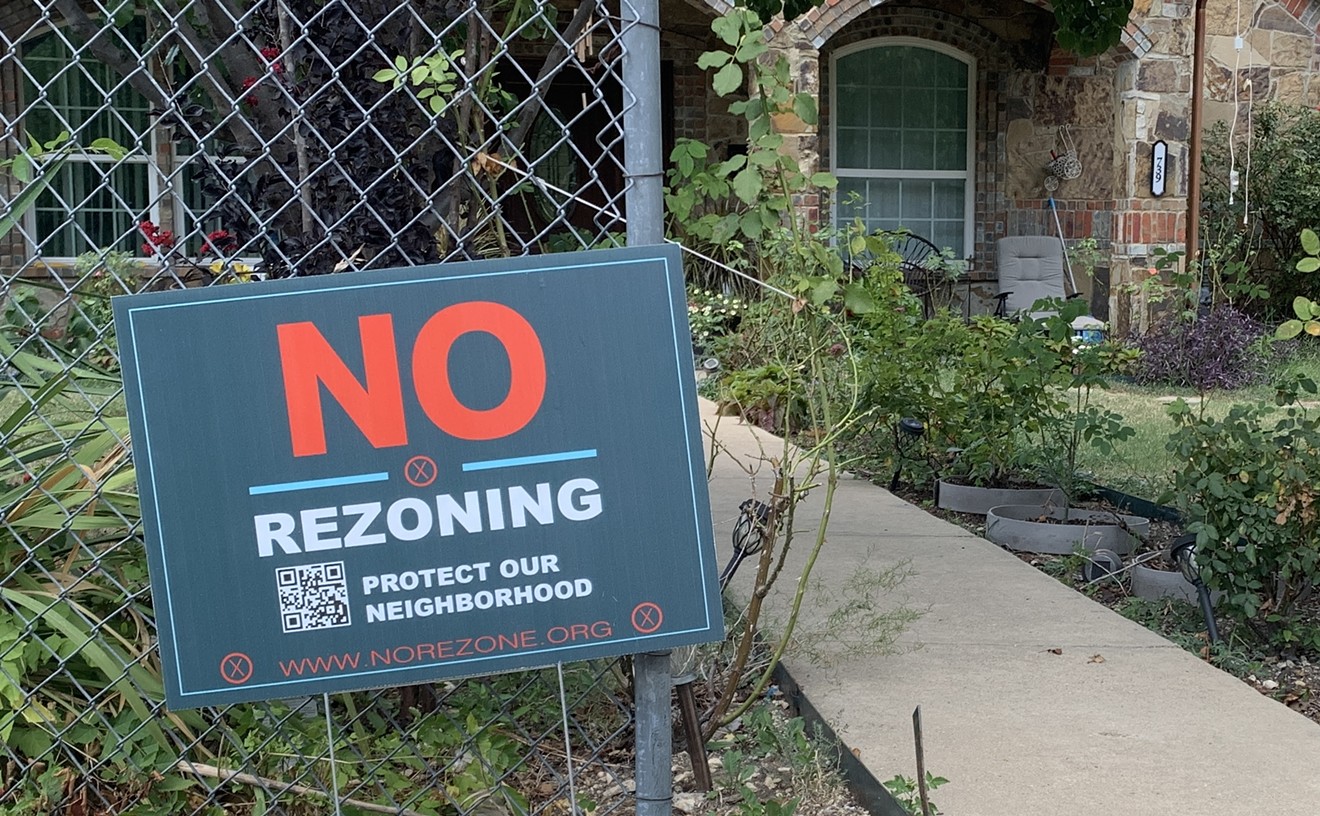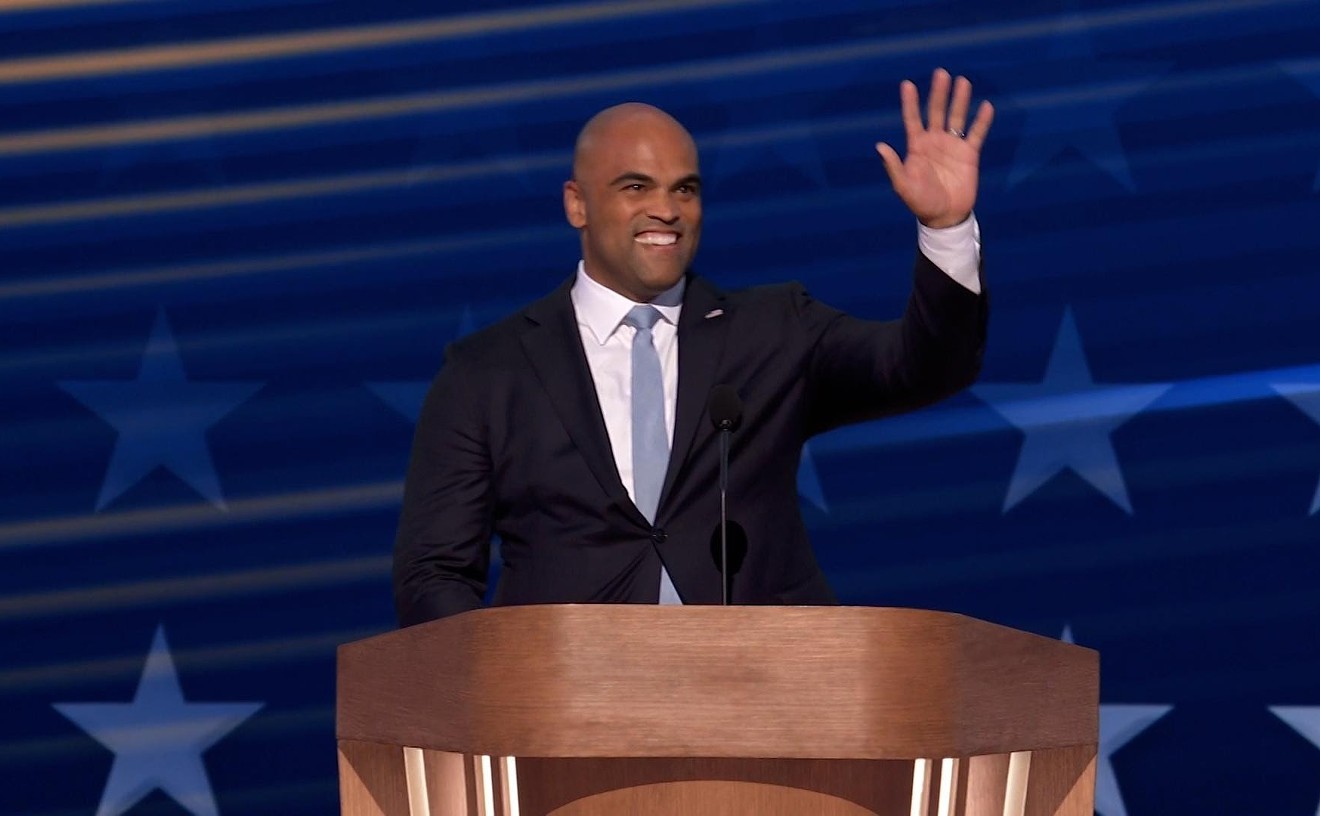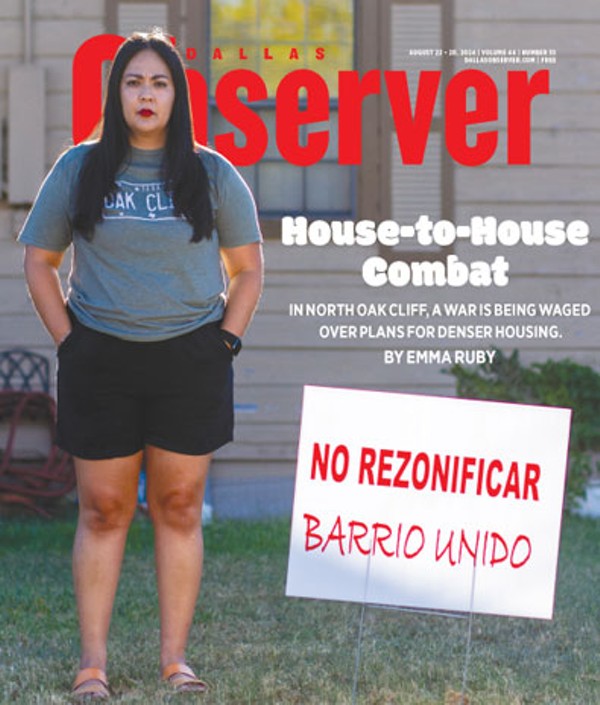The move comes as Texas reviews its hemp rules and federal lawmakers work to reauthorize the Farm Bill, which could come with a ban on intoxicating THC products.
All of this started in 2018 when the Farm Bill was reauthorized, legalizing cannabis with 0.3% delta-9 THC or less. Delta-9 THC is the chief psychoactive ingredient in weed. The federal law established that cannabis with any more than 0.3% delta-9 THC is considered illegal marijuana, while the low-THC cannabis is legal hemp. There are different forms of THC called isomers, one of which is delta-8 THC, which is considered to be less potent than delta-9. When reached for comment, a DSHS spokesperson said the agency's briefing speaks for itself.
Two years after the federal bill passed, the U.S. Drug Enforcement Administration (DEA) moved to take hemp off its list of controlled substances. The state argues that when the feds designate, reschedule or delete a substance from the federal list, it has the opportunity to choose whether or not to adopt the change. However, lawyers for the hemp company Hometown Hero argue in a lawsuit against DSHS that the DEA didn’t designate, reschedule or delete a substance. Instead, it was just changing the list of controlled substances to conform with the 2018 Farm Bill, they argue, meaning the state wasn’t triggered to do anything with its controlled substances list.
The company behind the suit also claims DSHS never gave proper notice about the change. The agency did post a notice online for a hearing on the banning of delta-8 and other THC isomers, but the title of the notice was vague and it wasn’t posted in a text-searchable PDF like other notices. The company claims that had the notice been posted in a text-searchable format, it would have known about the hearing and showed up to make its case. But that didn’t happen, so no one appeared for the delta-8 hearing and the change took place without objection.“There are no certainties right now." – Daryoush Austin Zamhariri, Texas Cannabis Collective
tweet this
The state’s move included THC isomers like delta-8 in its definition of marijuana extract, essentially banning the substance. Not long after, DSHS posted on its website that THC isomers like delta-8 were considered Schedule I controlled substances. Once the state did that, Hometown Hero filed its lawsuit and secured a pause on the THC isomer ban. The state appealed the injunction but lost in the third court of appeals.
That brings us to now. DSHS is now asking the Texas Supreme Court to review the third court of appeals’ decision. DSHS submitted its legal arguments to the court on Aug. 21 and Hometown Hero has until Sept. 10 to file its response. Daryoush Austin Zamhariri, creator and chief editor of the Texas Cannabis Collective, a Fort Worth-based cannabis news site and nonprofit, is not sure how it will all end.
“There are no certainties right now,” he said. “The fact that the state is still litigating this matter signals the relentless pursuit of undoing the cannabinoid market the state created five years ago.”
He added it’s important to consider the last time a cannabis issue was brought before the Texas Supreme Court. The state was basically asking the court to ban all smokable hemp products in Texas. However, the court granted a ban only on manufacturing smokable products in the state.
“There may be some symmetry there,” Zamhariri said, comparing the two cases. “Texas has a terrible track record of fighting against cannabis in court, which is simply wasting taxpayer dollars.”
Jesse Williams, managing editor of Texas Cannabis Collective, explained that what DSHS is arguing in its brief is that it should have never been brought to court over the THC isomer issue to begin with, but he disagrees.
“The entire point of the judicial branch is for instances like this where an arbiter needs to decide whether or not an agency was given a power by the current level of law, a newly created law signed off by the executive leadership or the state constitution,” Williams said. “DSHS is stating they were never wrong and that the concept of going to court over this shouldn't have even been allowed.”
He suggested DSHS is trying to set a precedent that it can do as it pleases, regardless of what the legislature designated in bills passed and signed by the governor. Williams is worried how this all could end for hemp in Texas.
“Given the new [Supreme Court of Texas] makeup and previous decisions using erroneous tradition from selective history timeframes regarding hemp in Texas and the United States, this has a possibility of not boding well for the people overall,” he said.

